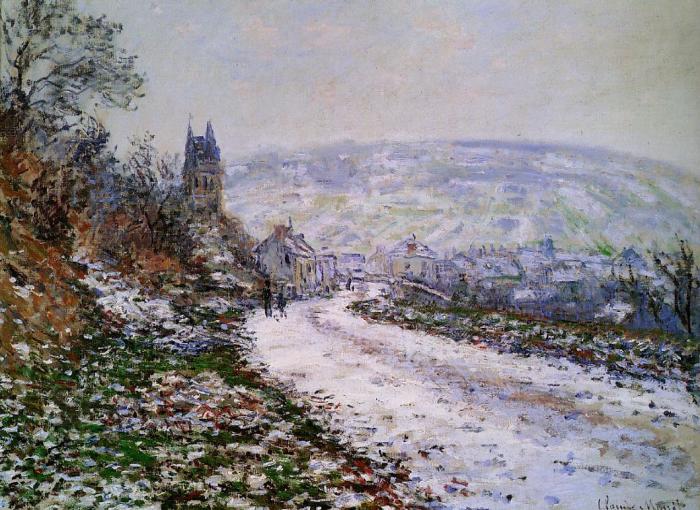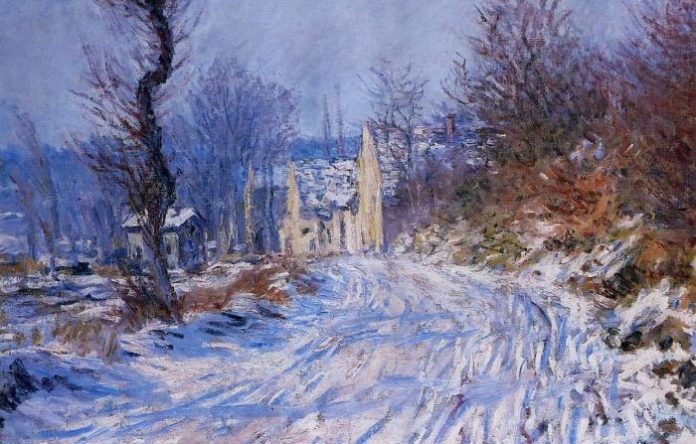When studying the works of Impressionist Claude Monet, it seems to many that the artist gave preference to bright colors of the summer. What are the only paintings painted in his homestead with luxurious gardens in Giverny. But the master has a beautiful collection of winter landscapes. It is worth noting that before the impressionist to the “winter” subjects, few people addressed, considering such pictures as muted, but the landscapes of Monet do not leave anyone indifferent.
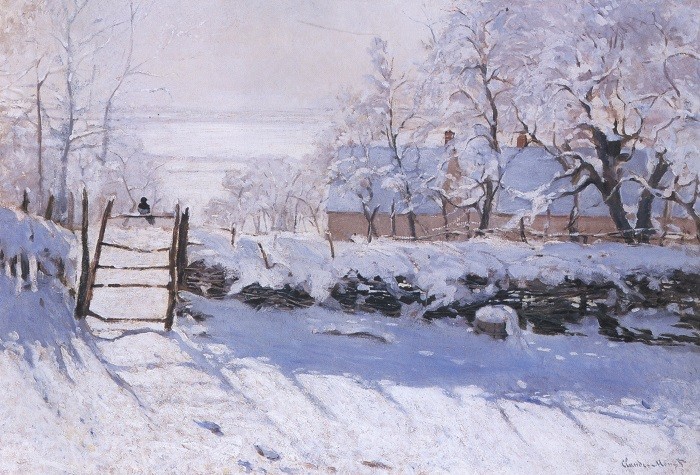
One of the most famous “winter” paintings by Monet – “Soroka”. In the midst of a snowy landscape, it is not immediately possible to see a bird. She sat down on the poles on the left. When you look at the picture, the viewer immediately feels that on this winter day the snow is very squeaky, and the frost is quite strong. Claude Monet himself called the depicted magpie, lingering on the gate as a “lonely note” on the musical camp.
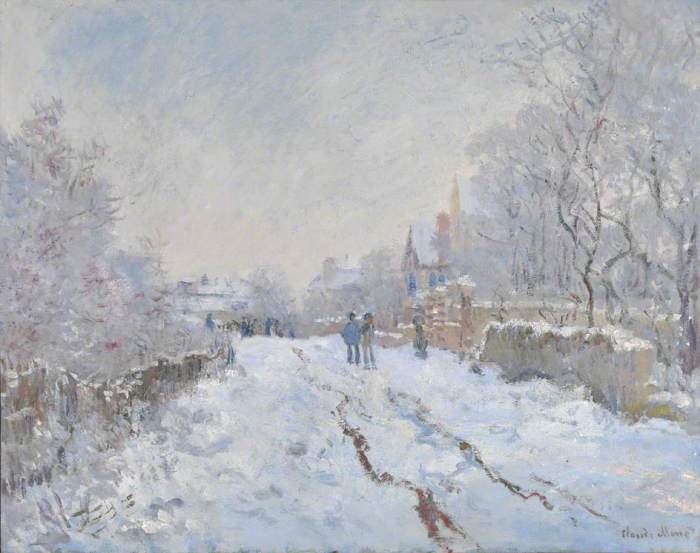
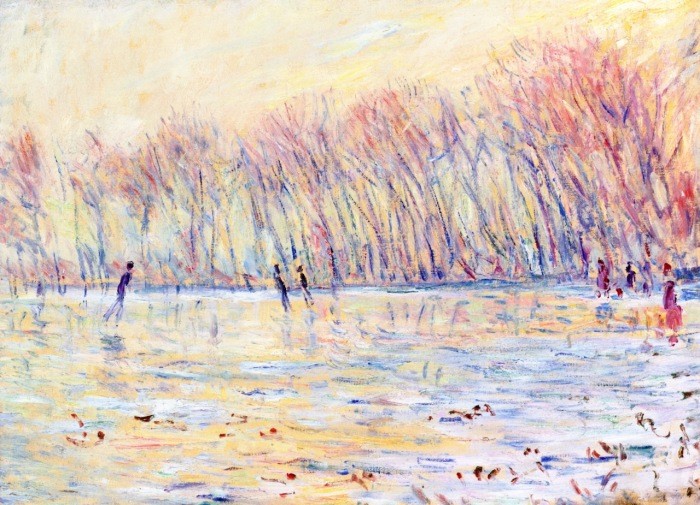
Creating his winter landscapes, the artist coped well with the play of light and shadow, using shades of red, blue, yellow. So, he perfectly conveyed the mood of both a sunny frosty day and a prickly, gloomy blizzard.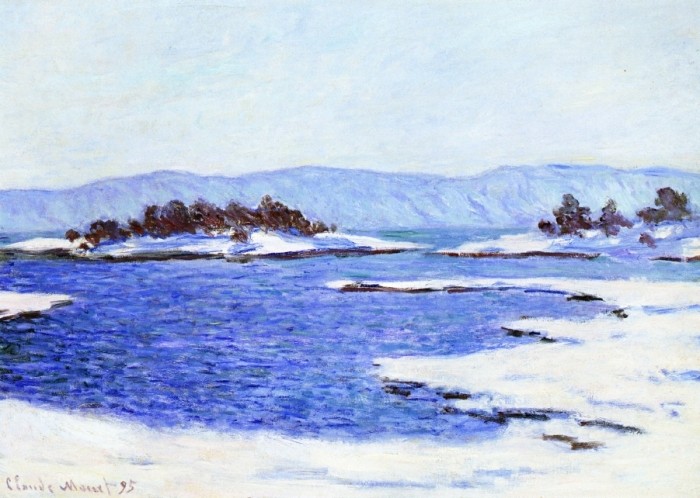
Several years, Claude Monet passed in Argenteuil – a small town in the vicinity of Paris. There, too, was written several winter landscapes. The sun, the wind, large flakes of snow, people under umbrellas – the artist perfectly conveyed inclement weather in the painting “Boulevard Saint-Denis.”
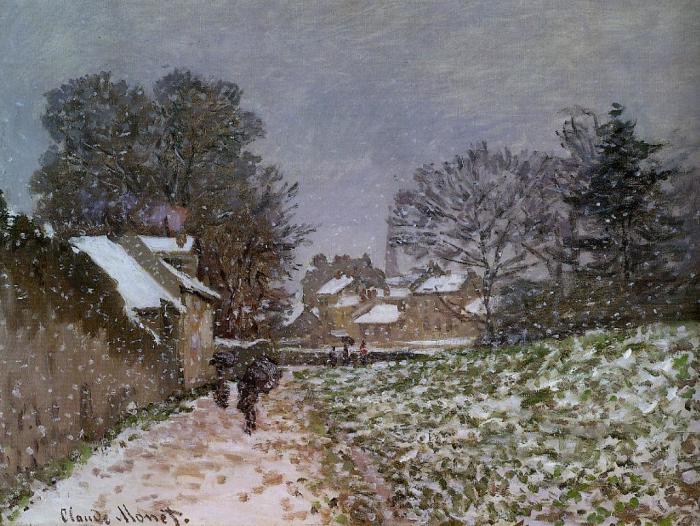
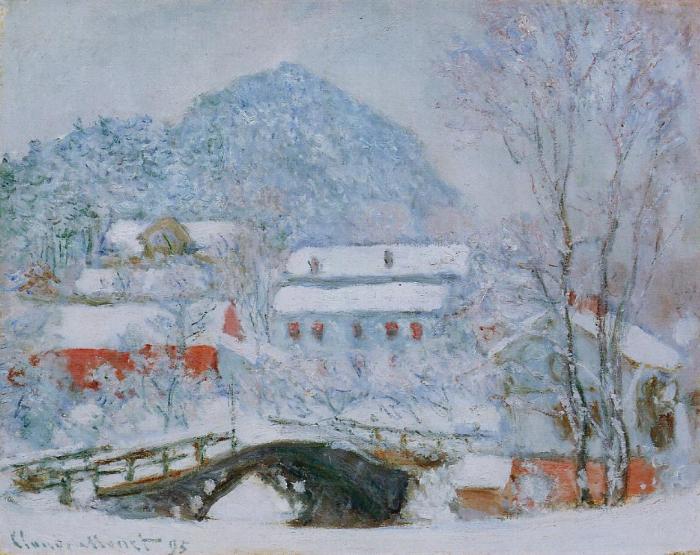
Winter, which is depicted in the picture “The village of Sandviken in the snow,” the Parisians are unfamiliar. Everything literally is buried in the snow. And all because this landscape was written in Norway, being at his grandson visiting.
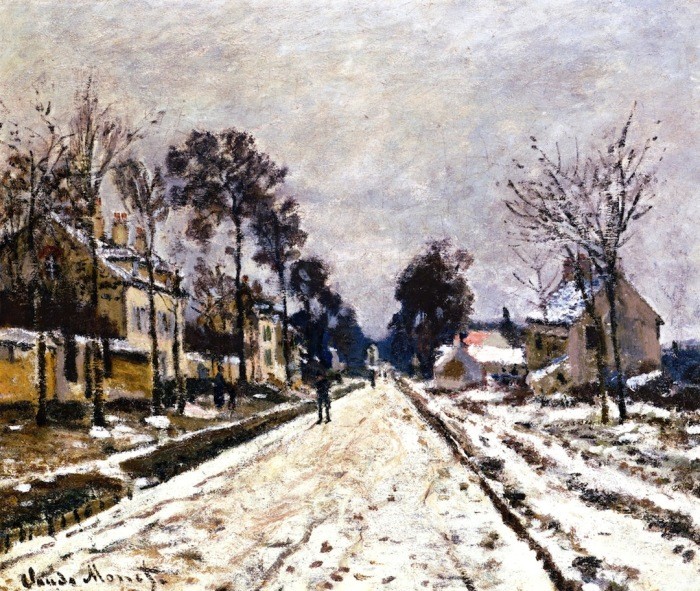
As the artist repeatedly stated, his best years passed in Giverny. Probably, that’s why the picture “The Road to Giverny in the Winter” turned out to be especially impressive.
